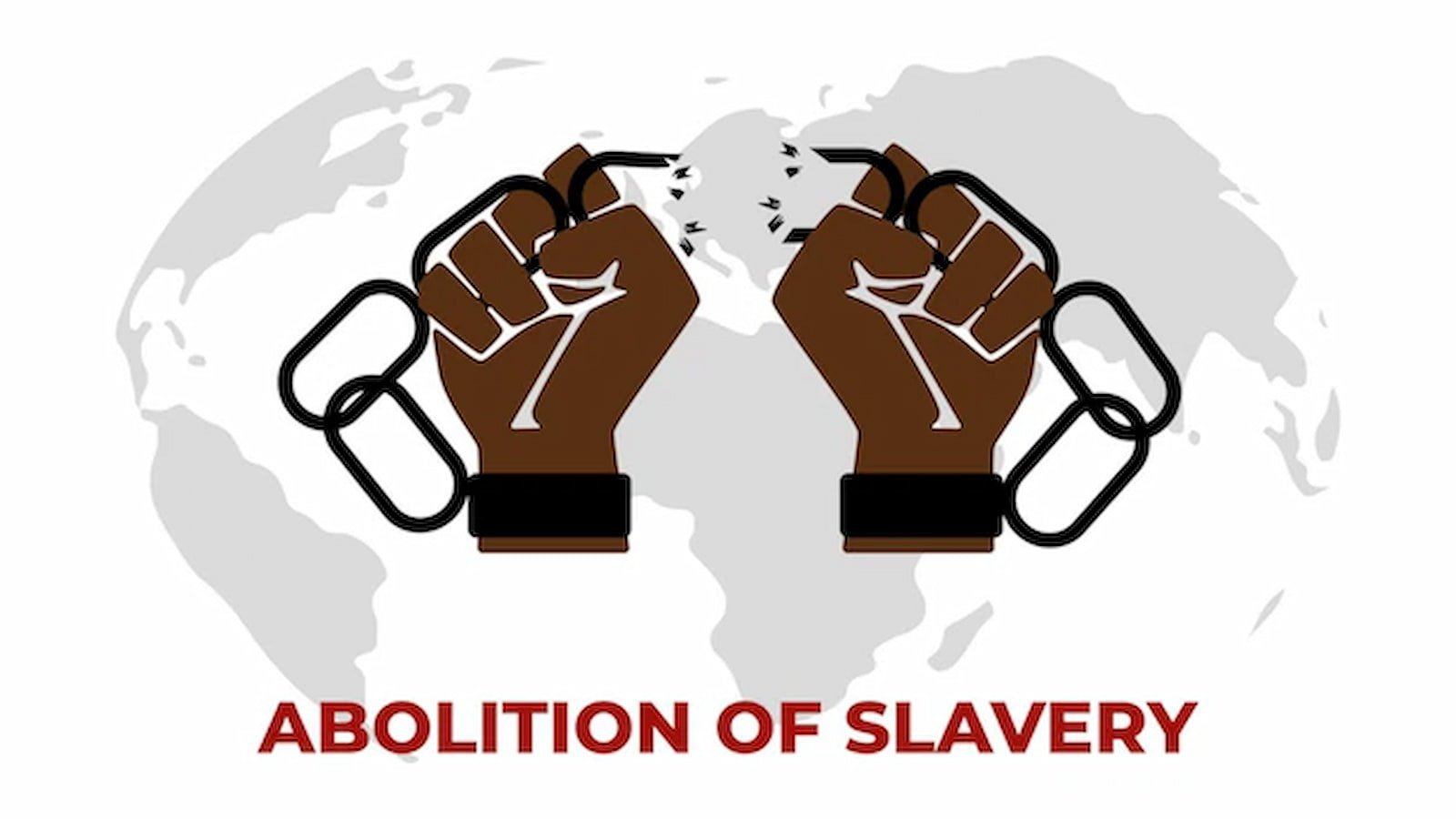Abolition of Slavery Day 2024 (Mauritius): Every year on February 1, we come together to commemorate the abolition of slavery in Mauritius, an important milestone known as Abolition Day. The British Parliament ratified the Slavery Abolition Act of 1833 a year later, freeing the slaves in the Caribbean and South Africa.
Mauritius achieved independence in 1835, becoming the last British colony to do so. The planters were granted two million pounds sterling as compensation for the loss of their slaves. 1968 marked the secession of France, Mauritius (which had been under Dutch colonial rule previously), and Great Britain.
Day Commemorating the Abolition of Slavery
Mauritius, a tropical island off the southeastern coast of Africa, has a rich history dating back to pre-Arabic times. In 1507, Arabs and Malays discovered the island, and the Dutch later took control of it in 1598. The Dutch introduced the first slaves in the 1640s but faced harsh treatment. By the 17th century, the island was home to around two hundred Dutch and African, Javanese, Madagascar, and Indian slaves.
The Dutch departed in 1710 due to unfavorable conditions, and the British took control in 1810. Mauritius was home to a significant population of residents who were originally brought in from Madagascar and East Africa. The Slavery Abolition Act of 1833 led to the British Empire’s abolition of the slave trade by 1834. Mauritius eventually abolished slavery on February 1, 1835, despite its 1.2 million inhabitants.
FAQs for Abolition of Slavery Day
1. When did slavery in Mauritius become obsolete?
The British Empire played a crucial role in eliminating slavery from Mauritius in 1835. Nonetheless, worldwide discontent regarding slavery had been steadily increasing before this.
2. What factors led to the abolition of slavery in Mauritius?
The global decline in profits generally catalyzed the abolition of the slave trade, as it led to increased profitability for wage labor.
3. In Mauritius, how is Abolition of Slavery Day observed?
To mark ‘Abolition of Slavery’ Day, February 1, which occurs nationwide, a significant number of individuals congregate at the base of Le Morne Mountain to partake in the celebrations. According to historical accounts, Le Morne once had caves all around it that served as a refuge for slaves trying to flee.
Abolition of Slavery Day 2024 (Mauritius): Activities
Utilize your voice.
Notwithstanding the official abolition of slavery, it continues to persist in contemporary society under various guises, including forced labor, debt servitude, coerced matrimony, and human trafficking. Speak out against these vices to contribute to a more secure, harmonious, and improved world.
Traverse through Memory Lane
The era of slavery’s abolition brought about a profound global transformation. Commemorate the day’s contribution to the establishment of peace, unity, and equality by researching its past. Remain current about your origins.
Participate in the Dialogue on Social Media
It is a momentous occasion that unites us all. Participate in social media discussions and receive updates by employing the designated hashtags
#SlaveTrade, #AbolitionofSlaveryDay, and #InternationalDayfortheAbolitionofSlavery.
Sofia Richie Grainge Biography: Pregnancy, Career, Early Life, Relationships and Net Worth
Five Essential Facts Regarding Mauritius
Mauritius underwent colonization by various colonies.
The island has a volcanic origin and has been under the rule of various colonial powers, such as the Netherlands, France, and Great Britain. It eventually achieved independence in 1968.
Le Morne is the symbol of liberty in Mauritius.
Le Morne, an island located at the far southwestern edge of the Indian Ocean, became a sanctuary for freed slaves and symbolized freedom.
Mauritius has a rich and prestigious heritage.
In 1598, Admiral Wybrand Van Warwick named the island ‘Mauritius’ as a tribute to Prince Maurice of Nassau. Maurice van Nassau was the Dutch Republic’s monarch.
A picture of Mauritius
The dodo, the emblematic flightless bird of Mauritius, was an exclusively Mauritius species that became extinct in 1681 as a result of human activities.
Sugarcane constitutes the principal export of Mauritius.
It comprises a significant proportion of the island.
Abolition of Slavery Day 2024 (Mauritius ): Importance
1. It promotes parity.
This serves as a reminder to combat all manifestations of prejudice and discrimination. Furthermore, it functions as a poignant illustration of the significance of tenacity in the pursuit of liberty and fundamental human rights.
2. It emphasizes the importance of speaking out.
This highlights the ongoing impact of slavery, including modern forms of slavery. By bringing attention to past cases of injustice, it inspires people to express their concerns about injustice.
3. Enhances the Combat.
Contemplating the staggering number of individuals trapped in modern slavery worldwide is a powerful reminder of the pressing necessity for personal growth. Consider learning more about modern-day slavery and what you can do to help as a way to observe the day.
Abolition of Slavery Day Dates
| Year | Date | Day |
|---|---|---|
| 2024 | February 1 | Thursday |
| 2025 | February 1 | Saturday |
| 2026 | February 1 | Sunday |
| 2027 | February 1 | Monday |
| 2028 | February 1 | Tuesday |
Imbolc 2024 (US): A Comprehensive Guide to Activities, Facts, and Reasons to Adore Imbolc












